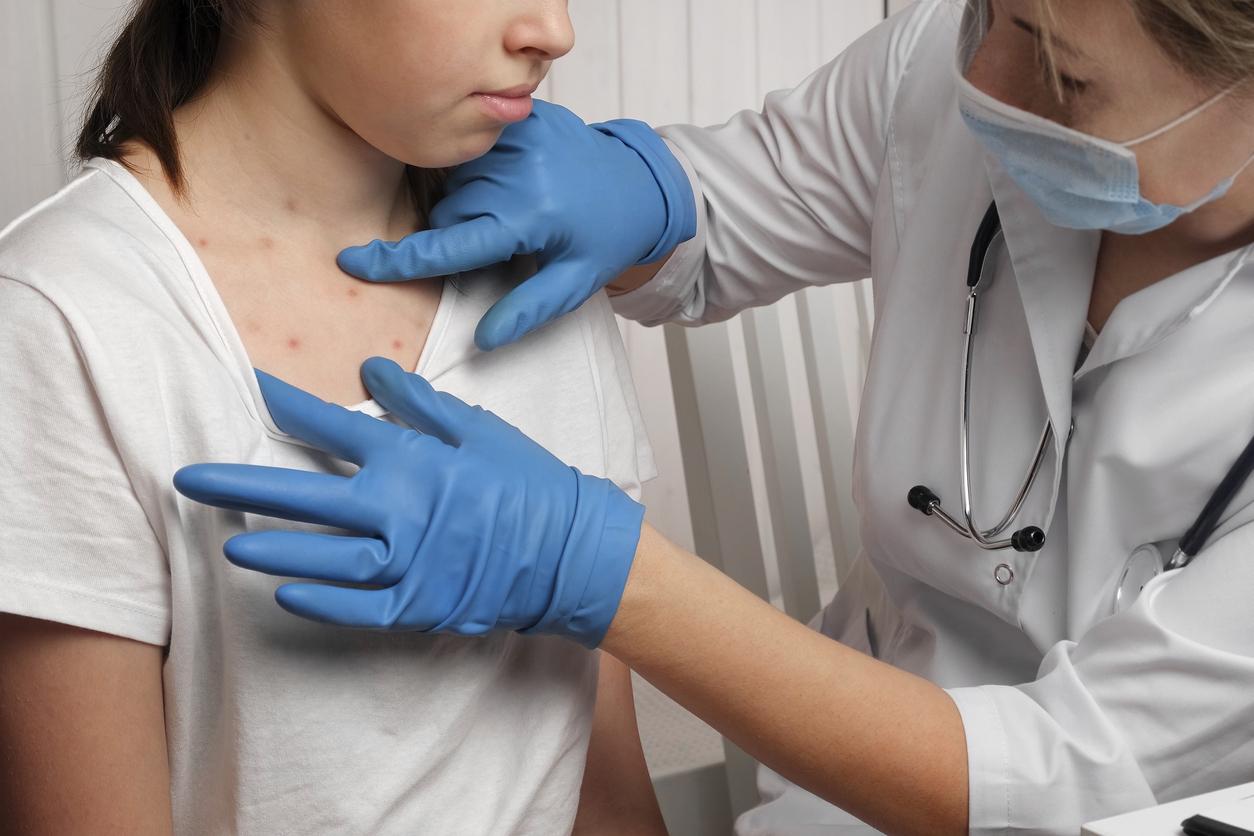Following the attacks in Arras and Brussels, neuropsychologist Francis Eustache takes stock of post-traumatic stress disorder (PTSD).

- The attacks in Arras and Brussels will potentially generate post-traumatic stress disorders.
- It is a form of mental pathology which occurs in a person in contact with a traumatic event (unexpected death, sexual assault, attack, cataclysm, serious accident, attack on integrity).
- There are several forms of treatment for post-traumatic stress disorder (PTSD).
Whydoctor – What is post-traumatic stress disorder and how does it occur?
Francis Eustache – It is a form of mental pathology which occurs in a person in contact with a traumatic event (unexpected death, sexual assault, attack, cataclysm, serious accident, attack on integrity). The event in question leads to post-traumatic stress disorder if several symptoms persist after a month.
Symptoms of post-traumatic stress disorder
What are the symptoms of post-traumatic stress disorder?
The main symptoms are:
1/ Intrusions, which are part of a reliving syndrome. These are intrusive images or thoughts relating to the event. These sensory elements, which impose themselves on the person’s consciousness, give them the impression of reliving the traumatic scene as if it were happening again. This can, for example, lead to the feeling of finding oneself in the presence of one’s attacker.
Faced with this, the victim will try to avoid situations, objects, configurations or places that more or less resemble those where the trauma occurred. In this way, the person will cut themselves off from their environment and create a shell around themselves which will in turn cause symptoms dominated by social isolation.
2/ Changes in cognitive functioning and mood which can go as far as depression as well as startles when faced with noises or sudden movements.
Does post-traumatic stress disorder affect memory?
Unlike a “true memory”where we retain the entire scene of the event (where, when, how), a form of amnesia is observed during trauma, contrasting with hypermnesia of certain sensory elements.
What therapies to treat post-traumatic stress disorder?
Do therapies exist to treat this disorder?
There are several forms of support. We must distinguish two main situations. Firstly, emergency situations, which are the responsibility of the medico-psychological emergency cells (CUMP) to treat people immediately or in the days following the trauma.
When we are further from the psychological injury, there are different therapies during which the person will recall the event through various methods. Therapeutic work is then based on the reduction of the emotional power which is associated with the traumatic memory.

















